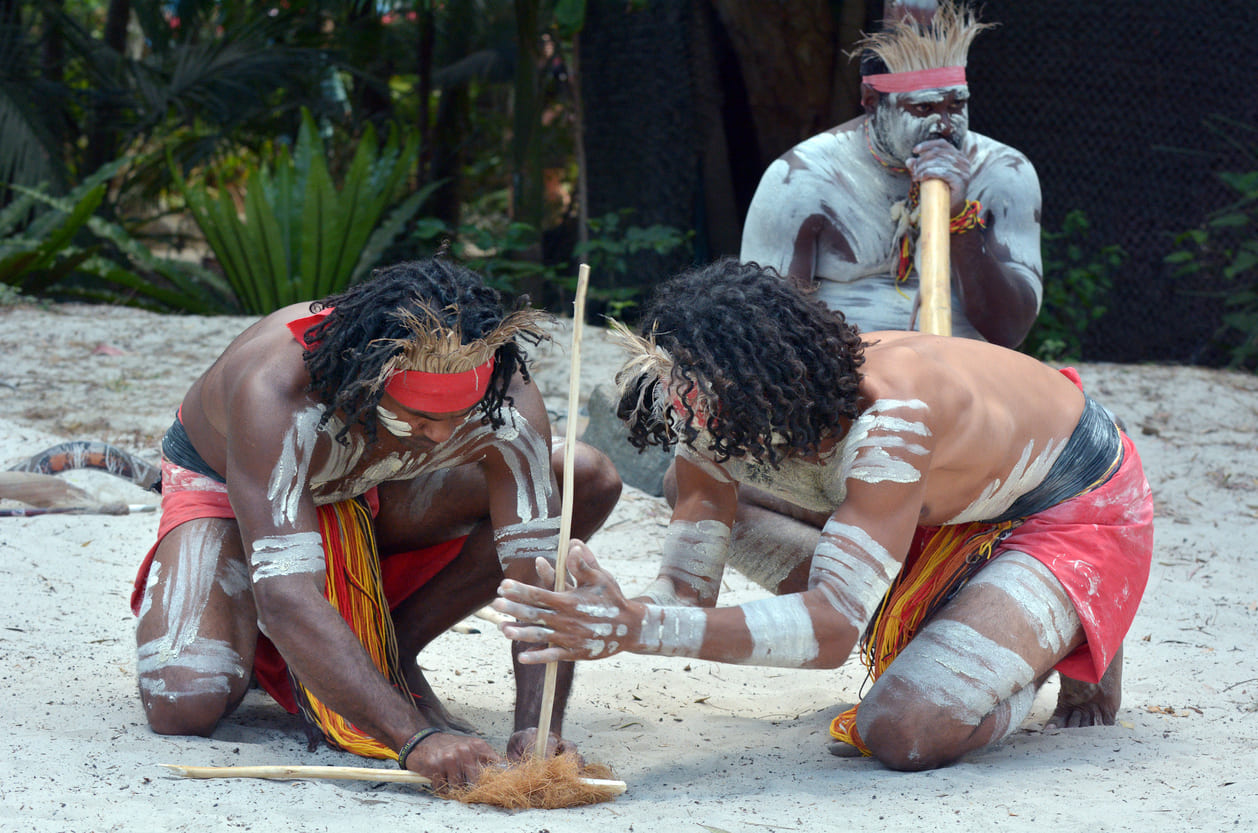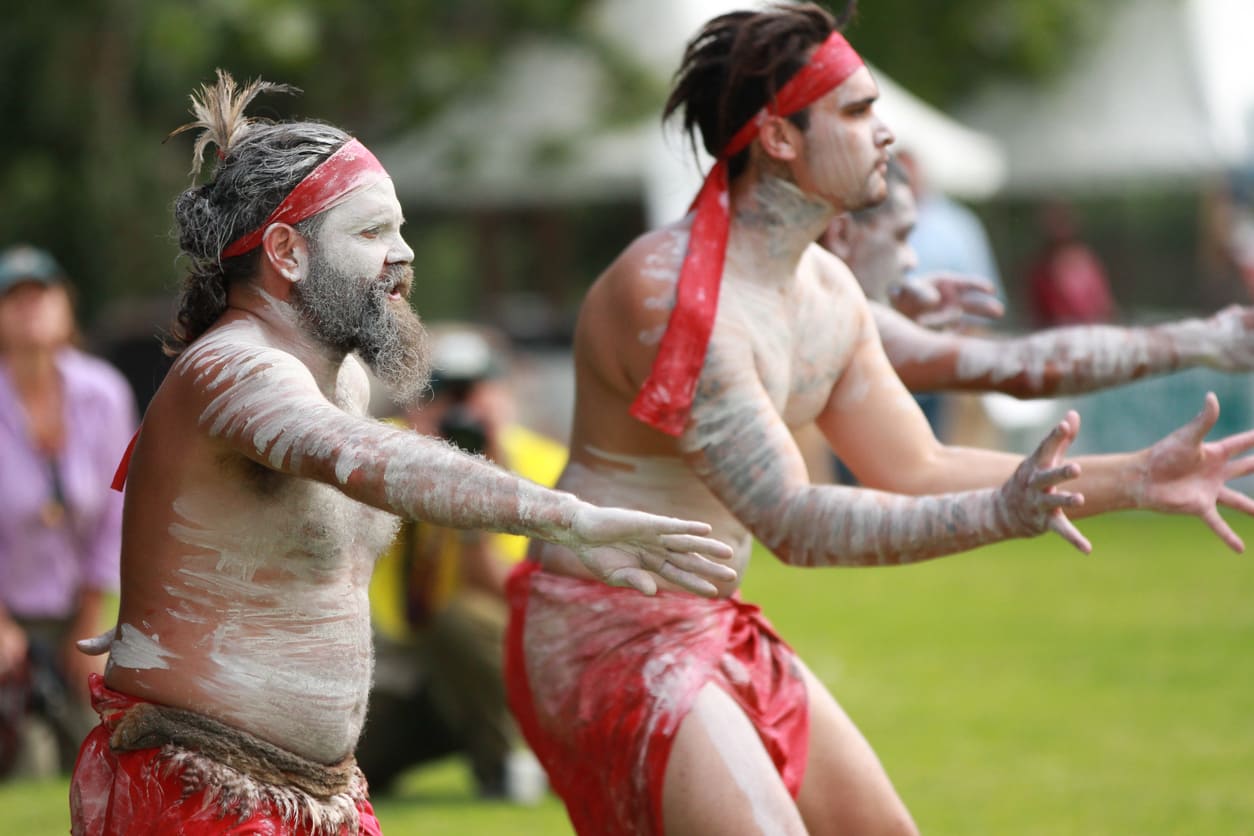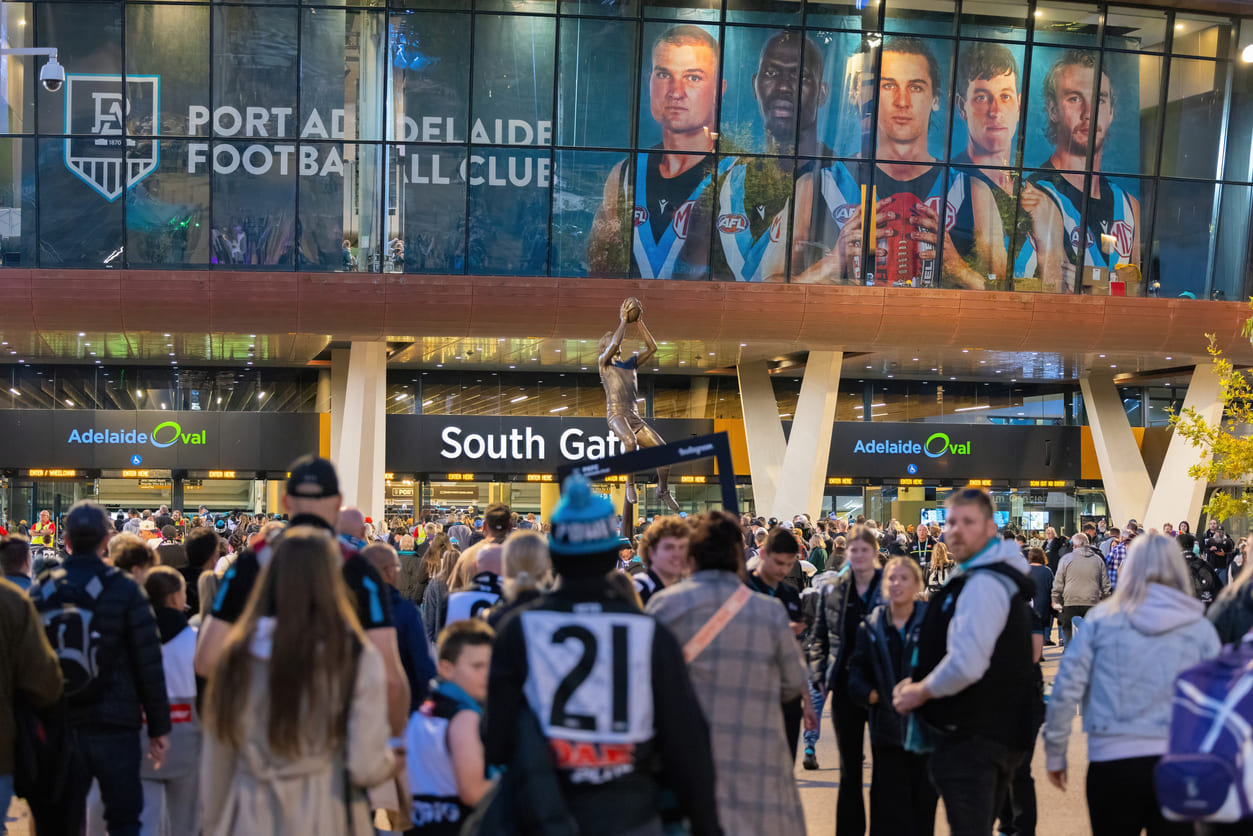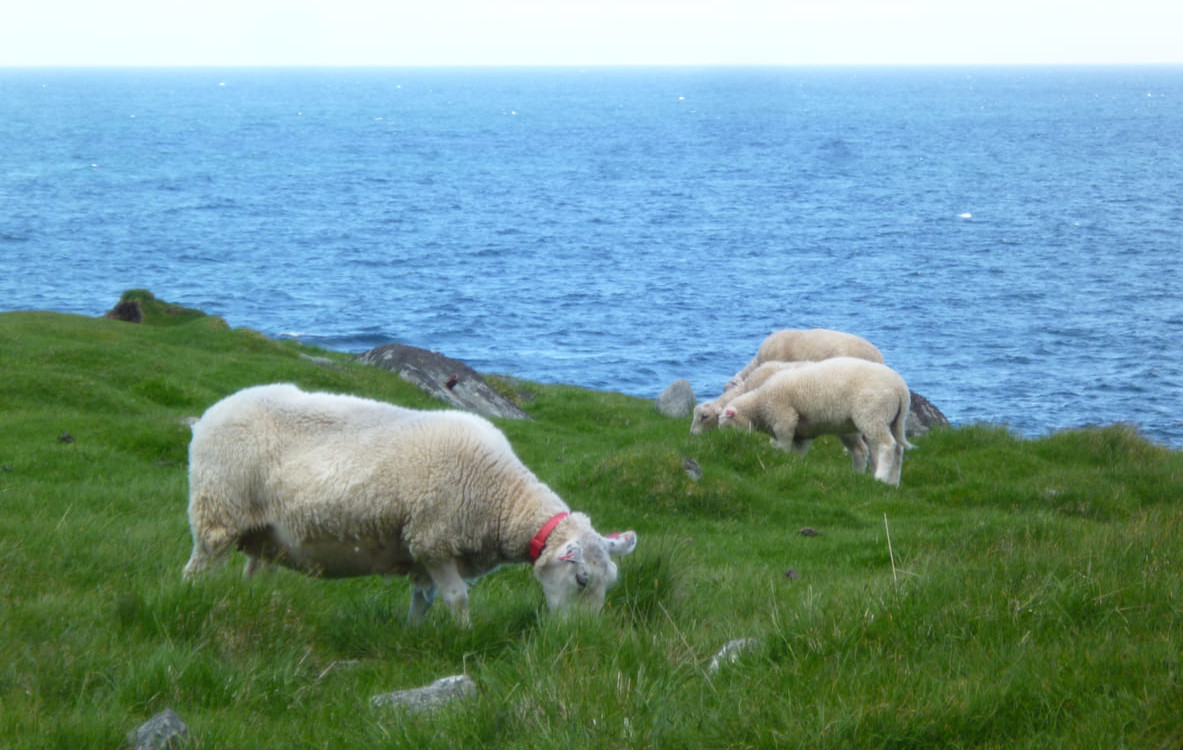Dates of Reconciliation Day in Australia
| 2026 | Jun 1 |
| 2025 | Jun 2 |
| 2024 | May 27 |
Australia Holiday Calendars
Reconciliation Day is a public holiday in the Australian Capital Territory that recognizes the importance of strengthening relationships between Aboriginal and Torres Strait Islander peoples and non-Indigenous Australians. It marks the beginning of National Reconciliation Week and promotes unity, respect, and understanding.
Reconciliation Day: A Public Holiday?
Reconciliation Day is a public holiday in the Australian Capital Territory, where businesses, offices, and schools are closed, while in other parts of Australia, it is a normal working day without a public holiday.

Reconciliation Day
Reconciliation Day is a relatively new public holiday, first observed in 2018 in the Australian Capital Territory (ACT). It was created to recognize the need for healing and understanding between Aboriginal and Torres Strait Islander peoples and non-Indigenous Australians. The date marks the beginning of National Reconciliation Week, which runs from 27 May to 3 June each year.
The idea of reconciliation has been growing in Australia since the early 1990s, when efforts to acknowledge past injustices and promote equality began to take shape. Events such as the 1967 referendum and the 1992 Mabo decision were important milestones in this journey. Reconciliation Day became an official holiday to give people time to reflect on the shared history and to move toward a more united future. It continues to raise awareness of the culture, achievements, and contributions of Indigenous Australians.
Observance of Reconciliation Day in Australia
Reconciliation Day is mainly celebrated in the ACT, where it is a public holiday. On this day, various events are held across Canberra to bring people together and encourage conversations about Australia's history, culture, and future. Community gatherings, cultural performances, and discussions are common. Many people attend events in parks or public spaces where they can listen to Indigenous speakers, watch traditional dances, and learn more about Aboriginal and Torres Strait Islander heritage.
Schools and community groups often participate in activities during the following week, as Reconciliation Day marks the beginning of National Reconciliation Week. Students may engage in classroom projects, art displays, or learning sessions focused on Indigenous history and culture. While it is not a public holiday in other states and territories, many organizations and schools still acknowledge the day through events and educational activities. The focus is on building respect, understanding, and stronger relationships between all Australians.
Reconciliation Day is important because it allows people to reflect on the past and commit to a better future. It encourages honest conversations about history and the need to acknowledge the experiences of Indigenous Australians. For many, it is a time of learning and listening, but also of celebration and unity. The day plays a key role in Australia's journey towards fairness, equality, and mutual respect. Although only officially recognized in the ACT, its message continues to grow in importance across the country, reminding all Australians of the value of reconciliation in shaping a stronger, more inclusive nation.
Reconciliation Day Observances
| Year | Date | Weekday | Name | Holiday Type | Region |
|---|---|---|---|---|---|
| 2024 | May 27 | Mon | Reconciliation Day | State Holiday | ACT Australian Capital Territory |
| 2025 | Jun 2 | Mon | Reconciliation Day | State Holiday | ACT Australian Capital Territory |
| 2026 | Jun 1 | Mon | Reconciliation Day | State Holiday | ACT Australian Capital Territory |
| 2027 | May 31 | Mon | Reconciliation Day | State Holiday | ACT Australian Capital Territory |
| 2028 | May 29 | Mon | Reconciliation Day | State Holiday | ACT Australian Capital Territory |



